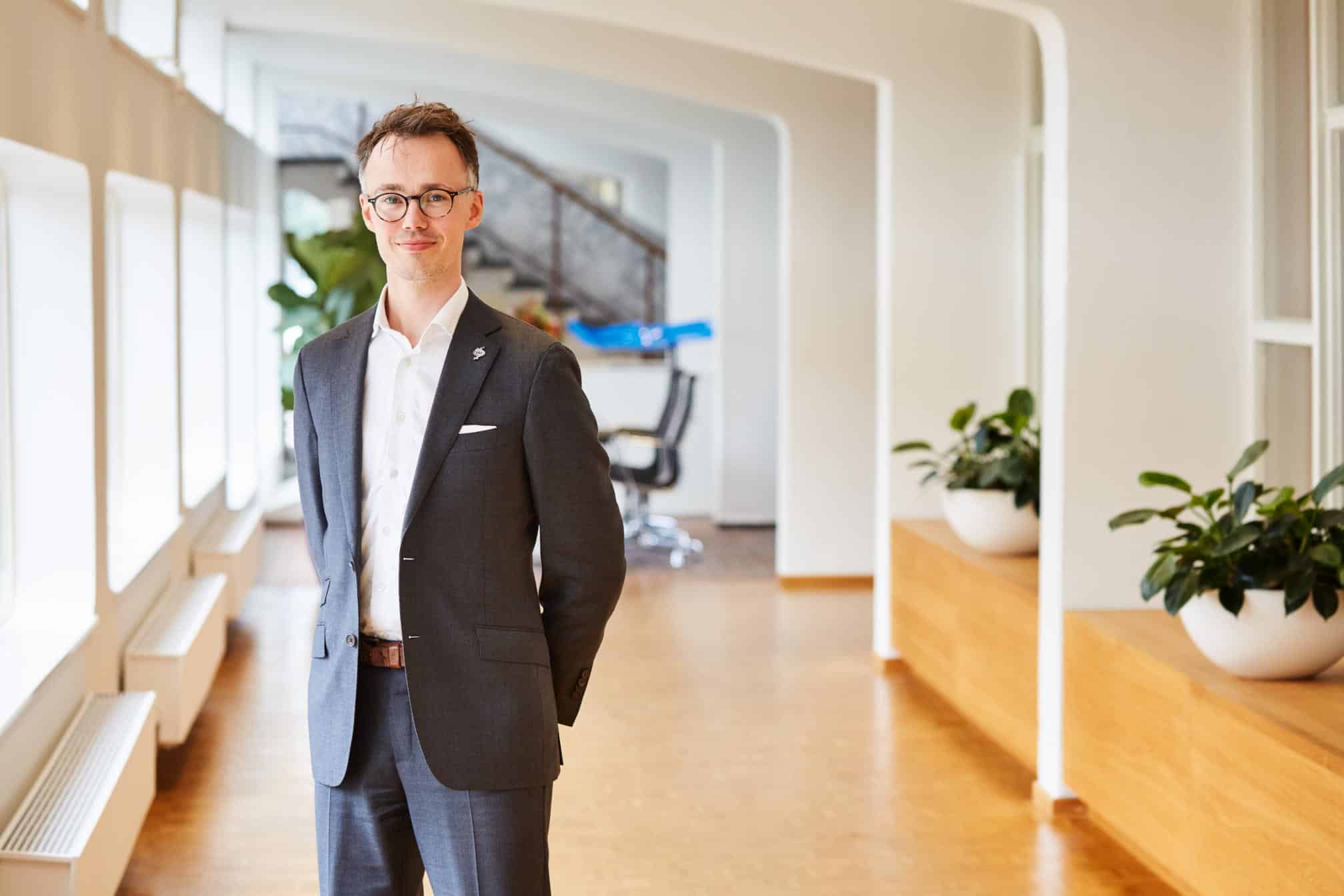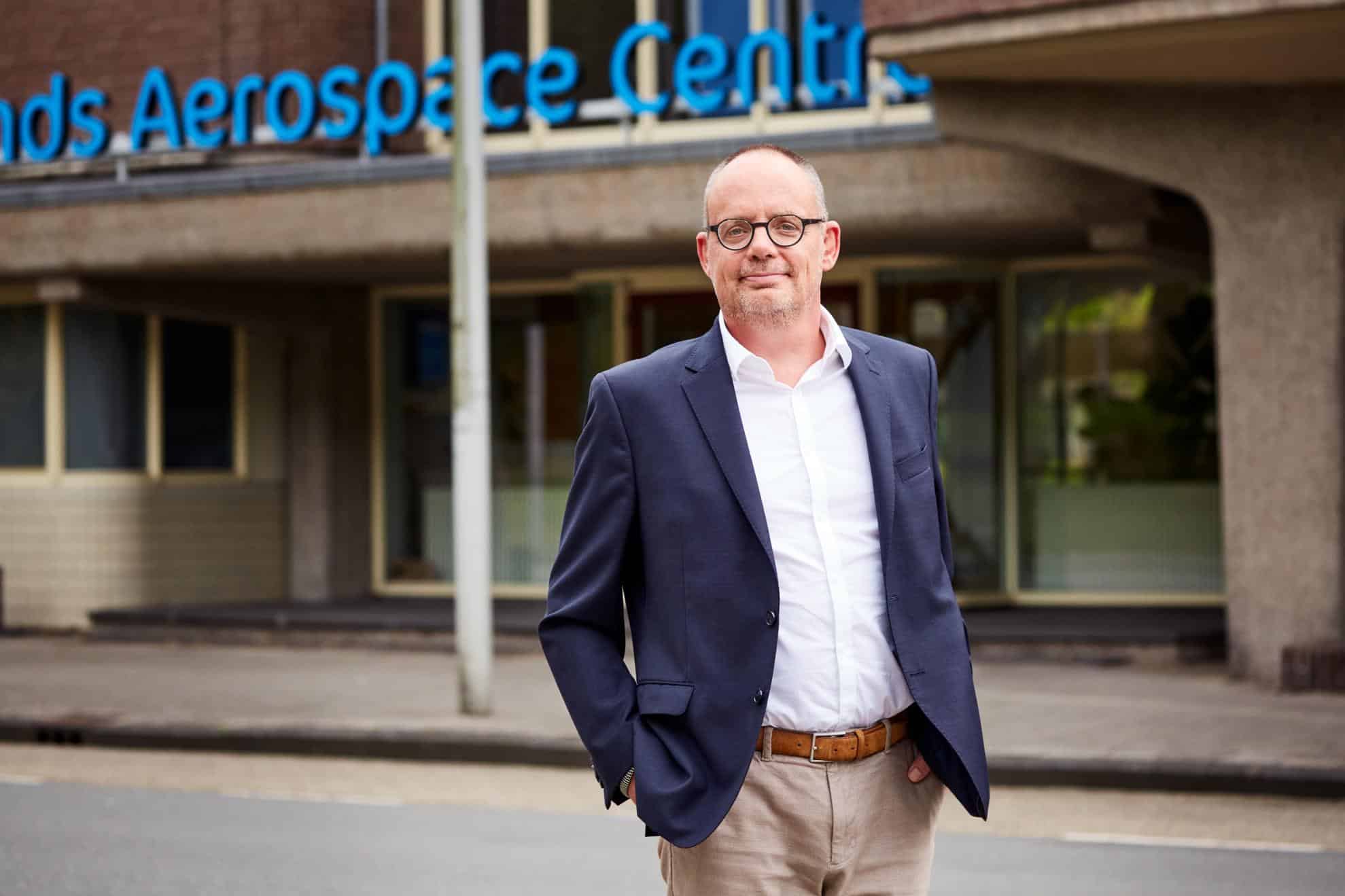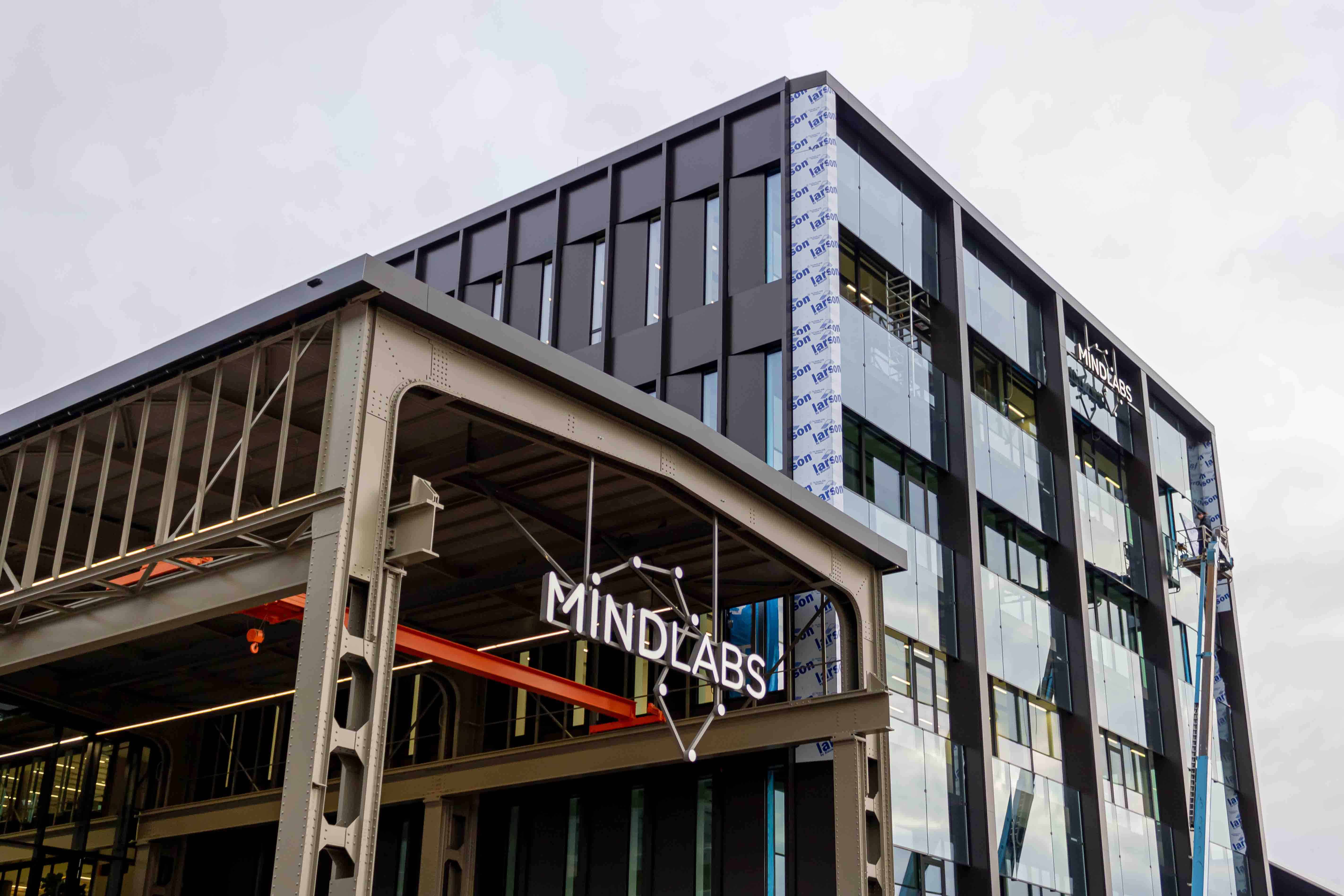
Michiel Hulsbergen, Johan Jeuring and Jordy van Dortmont developed DialogueTrainer. In this programme personal development and scientific research are brought together.
What is Dialoguetrainer?
DialogueTrainer builds conversation simulations with interactive scenarios. From delivering bad news to a conversation between salesman and customer – every conversation scenario can be included in the simulations. This way it is easy to provide the same training to a large group of people. The website offers a demonstration of what a conversation simulation looks like. The task is simple, for example: have a bad news conversation with Marko. The virtual patient is suffering from sleeping problems due to excessive drinking and anxiety. He is in a good mood when he arrives, but you have to tell him that he will have to find a different therapist for his problems. For every choice you make, you will notice that the patient reacts to you in a certain way: he becomes sad, angry, relieved, happy and insecure. At the end of the conversation you will receive feedback, based on scientific research.
What is your motivation?
The idea was born at the University of Utrecht. In 2013, a social sciences professor was wondering how to have a large group of students practice an interview simulation. He asked his colleague Johan, professor of software development for learning purposes, if he could develop something to achieve this. And so the idea for DialogueTrainer was born. After discovering that many more faculties were interested in software for conversation simulations, Johan contacted simulation expert and emotion researcher Michiel. Together they recruited Jordy for his IT knowledge. All three of them are still involved in the organisation: Johan as the link with the University of Utrecht and the principal researcher on technology and application of interview simulations, Michiel as the final responsible person and Jordy as developer.
How do you distinguish yourself from competing programmes?
Practicing with virtual conversation simulations offers the student a safer environment than when training directly with an actor in front of a large group of people. “Learning is always a bit scary, especially in the case of practicing conversations. After all, in a real life scenario, the main goal is to perform. The advantage of working with scenarios is being able to practice in a safe environment while receiving feedback. Afterwards, when practicing in real life, you will know exactly what needs further training,” Michiel explains.
What was the biggest challenge so far?
“It is necessary to convince the market that this programme really works.” Still, Michiel realises that more and more people are starting to believe in their product, because DialogueTrainer has been nominated for several innovation awards. “So far we haven’t won, so apparently I haven’t been able to communicate what a particularly good idea this is.”
What makes you proud?
DialogueTrainer has many customers. The company can therefore exist because of the revenue from clients. Among the clients are ministries, educational institutions, companies and healthcare institutions. Currently, DialogueTrainer is growing by one hundred and fifty percent per year. The company is negotiating with investors in order to accelerate this growth.
What can we expect from you in the near future?
DialogueTrainer wants to continue to serve its current customers and attract new customers in the coming years. For DialogueTrainer, growth also means more research into the best possible ways to simulate conversations. After all, it is still a company with a scientific foundation.
What is your ultimate goal?
The founders’ ultimate goal is to use DialogueTrainer to train people all over the world and to make a fundamental contribution to research on this subject.
Founders: Michiel Hulsbergen, Johan Jeuring and Jordy van Dortmont
Year of establishment: 2016
Revenue: Through clients; the platform was initially built and financed by the University of Utrecht, together with its founders.
Employees: 9 and open vacancies
Ultimate goal: Worldwide training with conversation simulations
Need more inspiration? Check all our start-ups of the day!







